To begin, each wizard draws ten words from the list (see the buttons below for an easy demonstration). Each word is a component of a spell, whether an Attack, a Defence, or a Clever Trick. To cast a spell, combine two or more words in an order that makes sense. If the spell doesn't make sense, as judged by all wizards present, then the caster can return the words to their hand at no penalty (apart from the other wizards knowing what you have). Unfair rulings should be appealed by walking away and playing with other, more pleasant people.
Any words used in a spell are discarded once the effect is completed, no matter what happens to the spell during the process. Any wizard can add conjugations and conjuctions as they like, so words like "and", "to", "of" can be applied to help the spell make sense, as well as "-ed", "-ing" and "-s".
You can cast spells at any time, or even multiple spells at once!
The types of attacking spells include Direct Attacks, Hindrances, and Clever Trick:
- Direct Attack - If the target of a Direct Attack can't (or won't) deal with it, they will either be killed, horribly maimed, or suffer a Fate Worse Than Death. Even worse, they will lose the duel! On the flip-side, these spells are usually the easiest to block or deflect.
- Hindrance - These spells result in sticky situations for the target, often literally. The effect depends on the spell, but they frequently make it harder to move, more vulnverable to other spells, or restrict the types of spells they can cast safely (consider casting a Fire spell while trapped in pile of flammable rope).
- Clever Tricks - Some spells are not obviously Attacks or Defences. Whether summoning magical beasts, creating objects and barriers, or other strange effects, these spells should be carefully considered by all wizards to come up with an explanation that makes sense. Often they will become an Attack or Defence later in the duel.
The target of a spell can react in multiple ways to their oncoming doom:
- Deflect - The target can replace one (1) word of a spell that is targeting them, with a word of their own. This changes the spell as if the original caster had picked that word. Deflecting might make the spell less dangerous, easier to block, or apply to a different target. The spell must still make sense after the Deflection.
- Block - The target can cast a defensive spell. It must have at least as many words as the incoming spell to fully Block it, any words in excess must by Dodged (see below).
- Counter - If the target casts a defensive spell that is the exact solution to the incoming spell, it is negated completely, even if it has fewer words. Other wizards present should applaud politely. Some Counters are so potent that they also count as an Attack spell.
- Frantically Dodge - Wizards are not graceful creatures. If they leap out of the way, or throw themselves on the ground, or roll around frantically trying to put out the fire, they must discard two words for each word of the incoming spell (partially Blocking a spell and then Frantically Dodging the rest is perfectly fine).
During the fight, you might start to run low on words, or find that none of your word combinations make for a useful spell. This isn't good! You can propose a Breather at any point (wizards not being known for their endurance either). If your opponent agrees, you can both draw one additional word. You might propose longer breaks as well, both drawing even more words, so long as your opponent agrees to it. Be warned: Proposing a Breather might show weakness to your opponent, and they are never required to agree to it!
Remember:
All spells, whether Attacks, Defences or Clever Tricks, must be made of two or more words and make sense to all wizards present.
Deflections act as if the original spell was different, they don't cause a new effect. The spell after the Deflection must still make sense.
Optional Rules
Built For Comfort, Not Speed - Sometimes a wizard might try and do something physical, or otherwise take an action that doesn't involve casting a spell. When they take such an action, think of the absolute worst outcome that could probably result from it. What happens is slightly better than that.Complex Counterplay - Wizards can Deflect any spell once, using the the same rules above. This includes Deflecting Block-spells and Counter-spells, as well as Deflecting their own spells.
Magic Tennis - Wizards can Deflect any spell as many times as they want. Each time a spell is Deflected, the spell is also reflected back on the previous caster.
To The Death! (Actually, I Had Plans) - If all combatant wizards simultaneously end up with one or fewer words remaining, a draw is automatically proposed.
Specialist Wizards - Each wizard can choose (or randomly select) their area of expertise, represented by a single word. This word can be invoked any time they cast a spell, overwriting a different word used.
Gallery
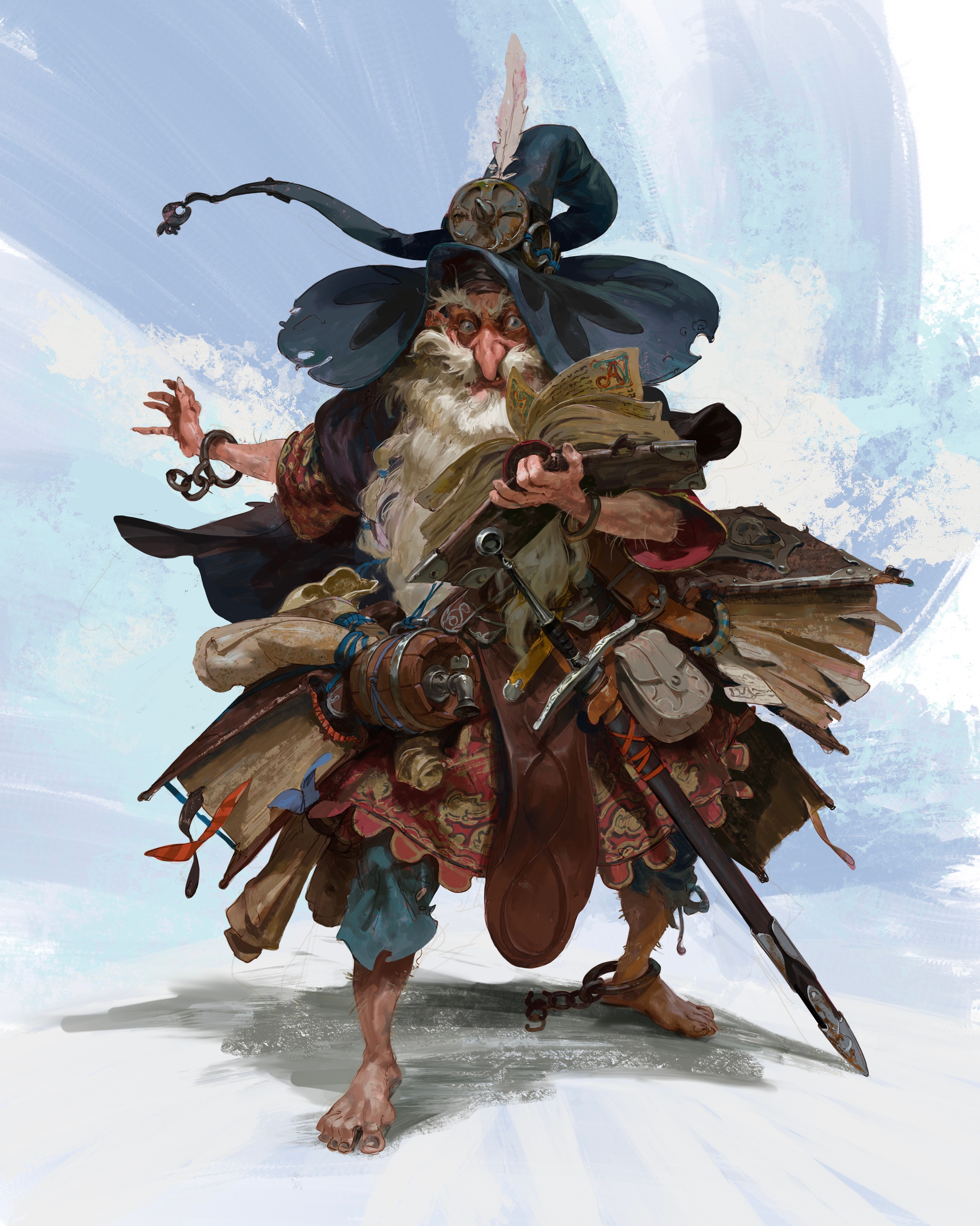
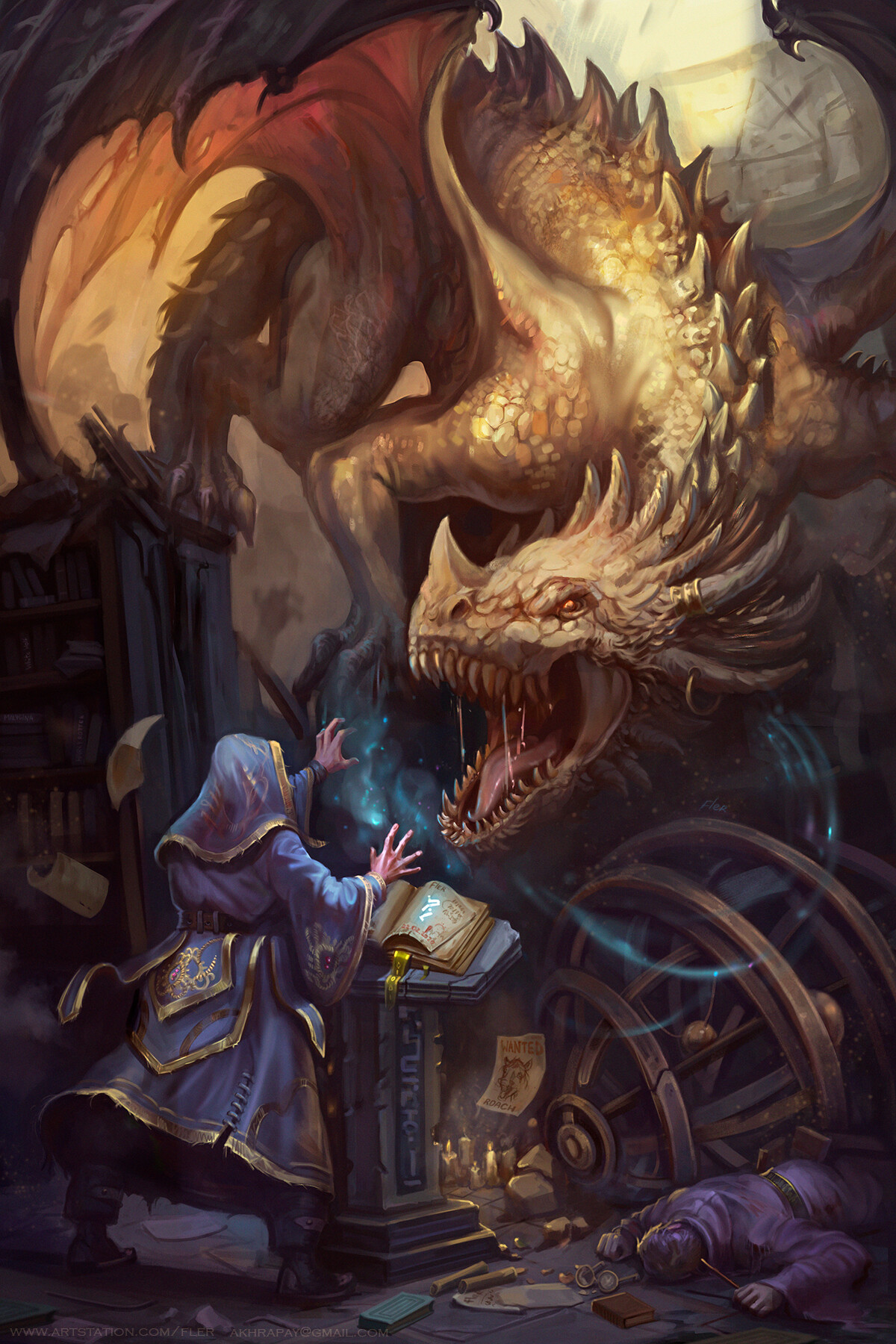

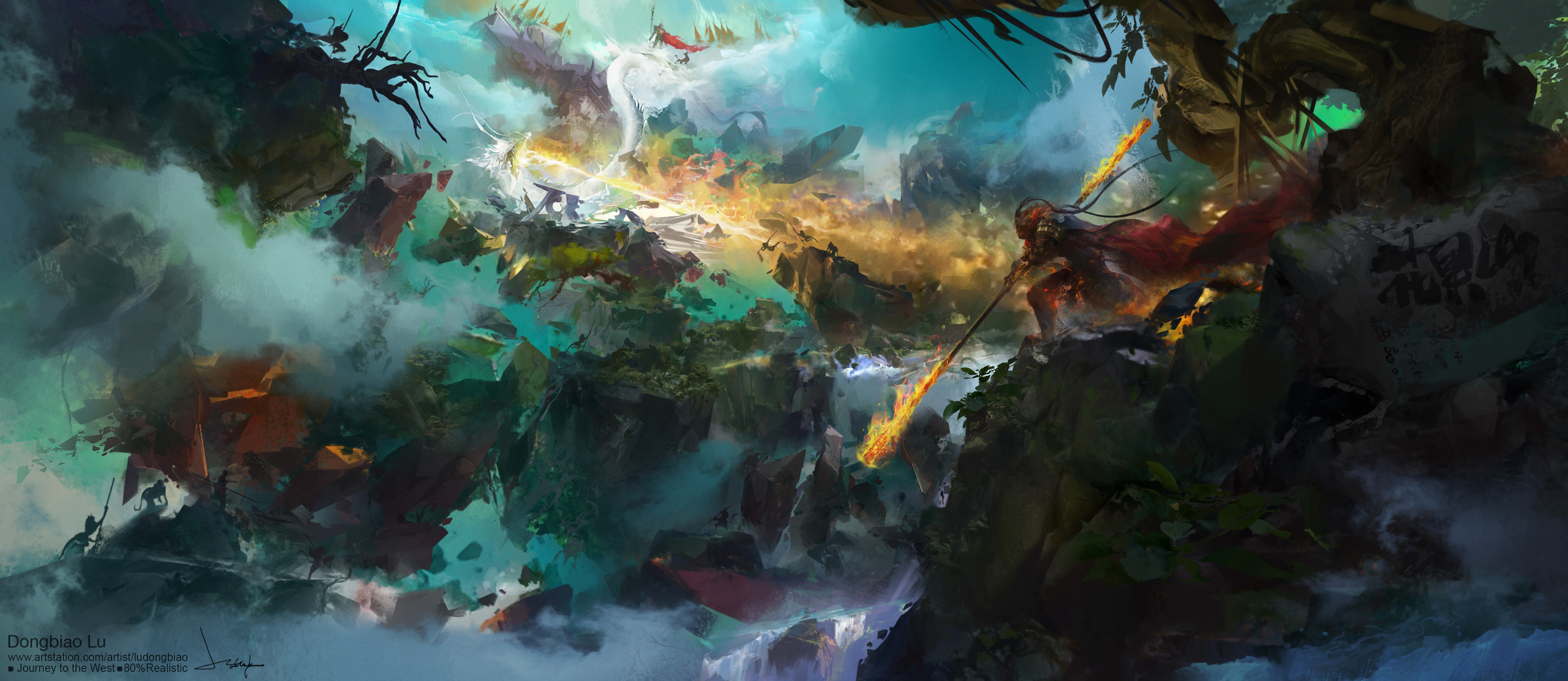

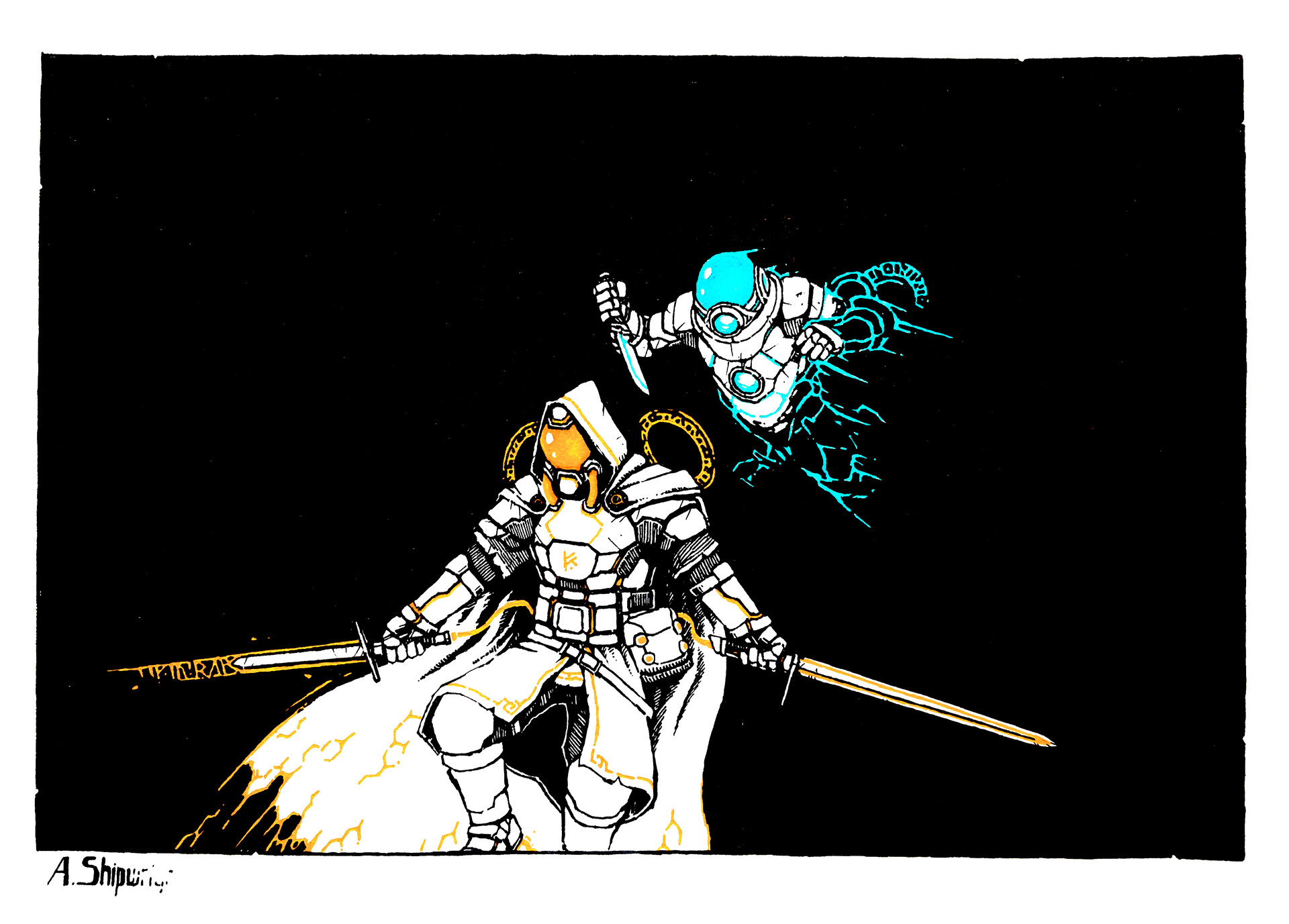
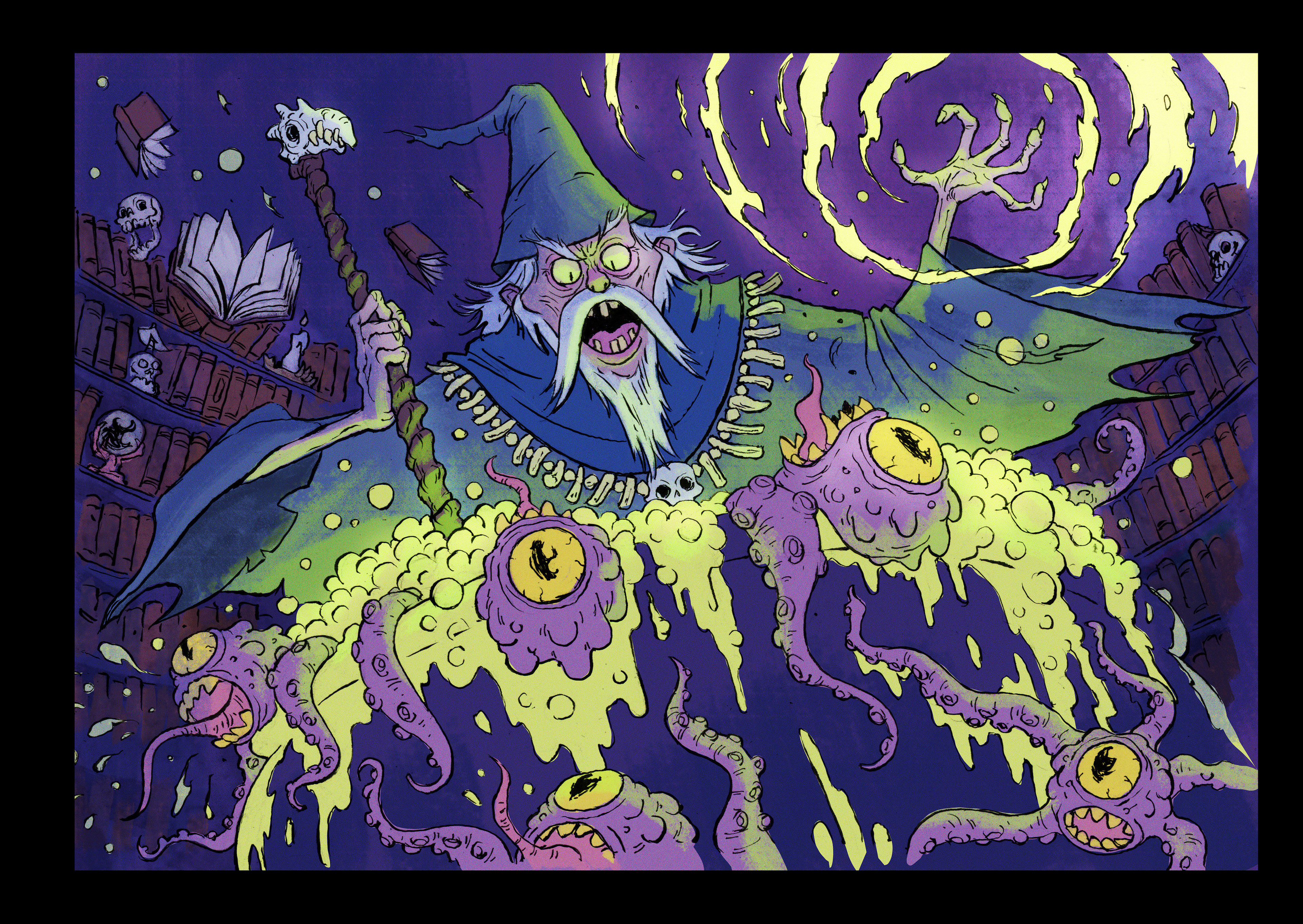
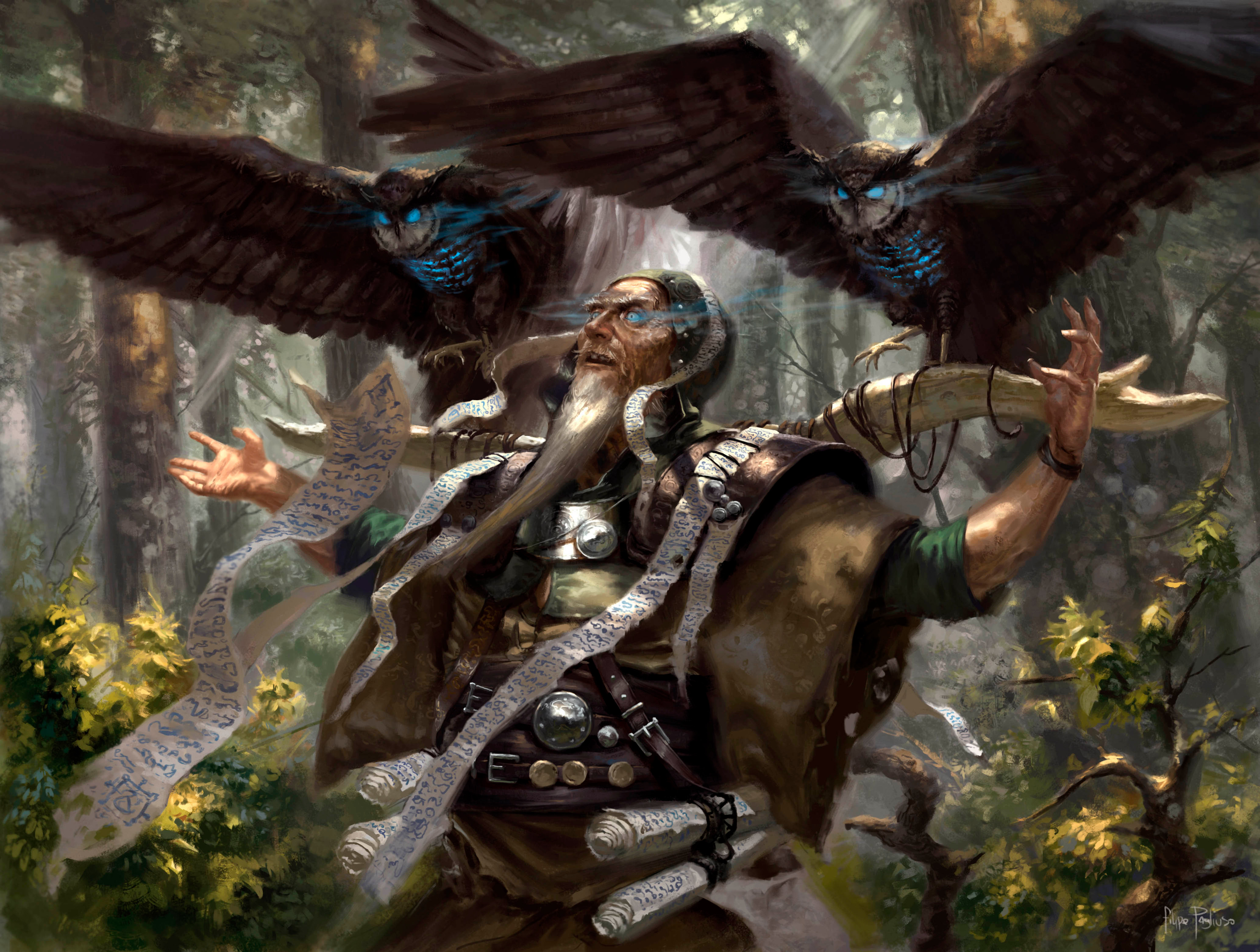

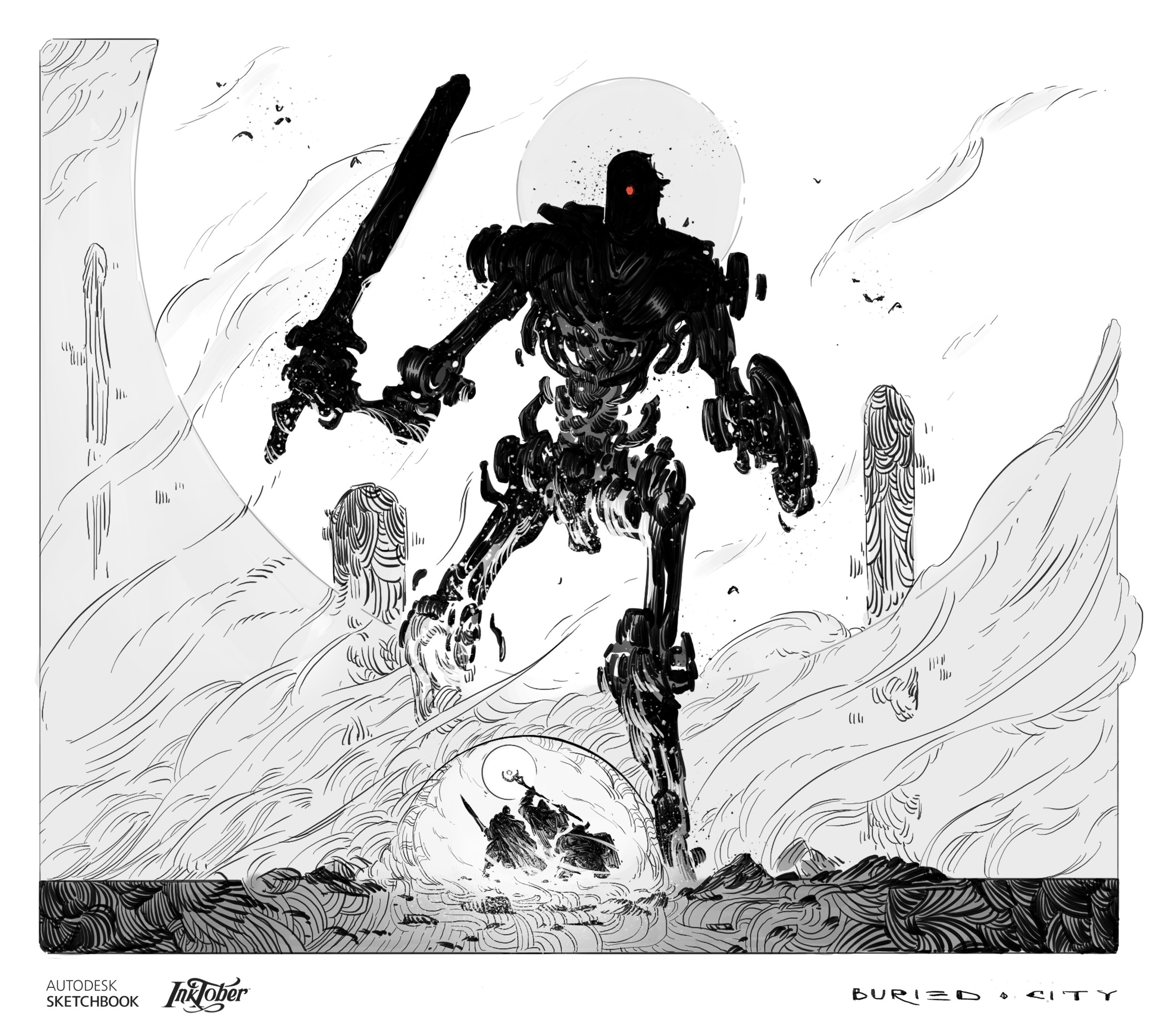
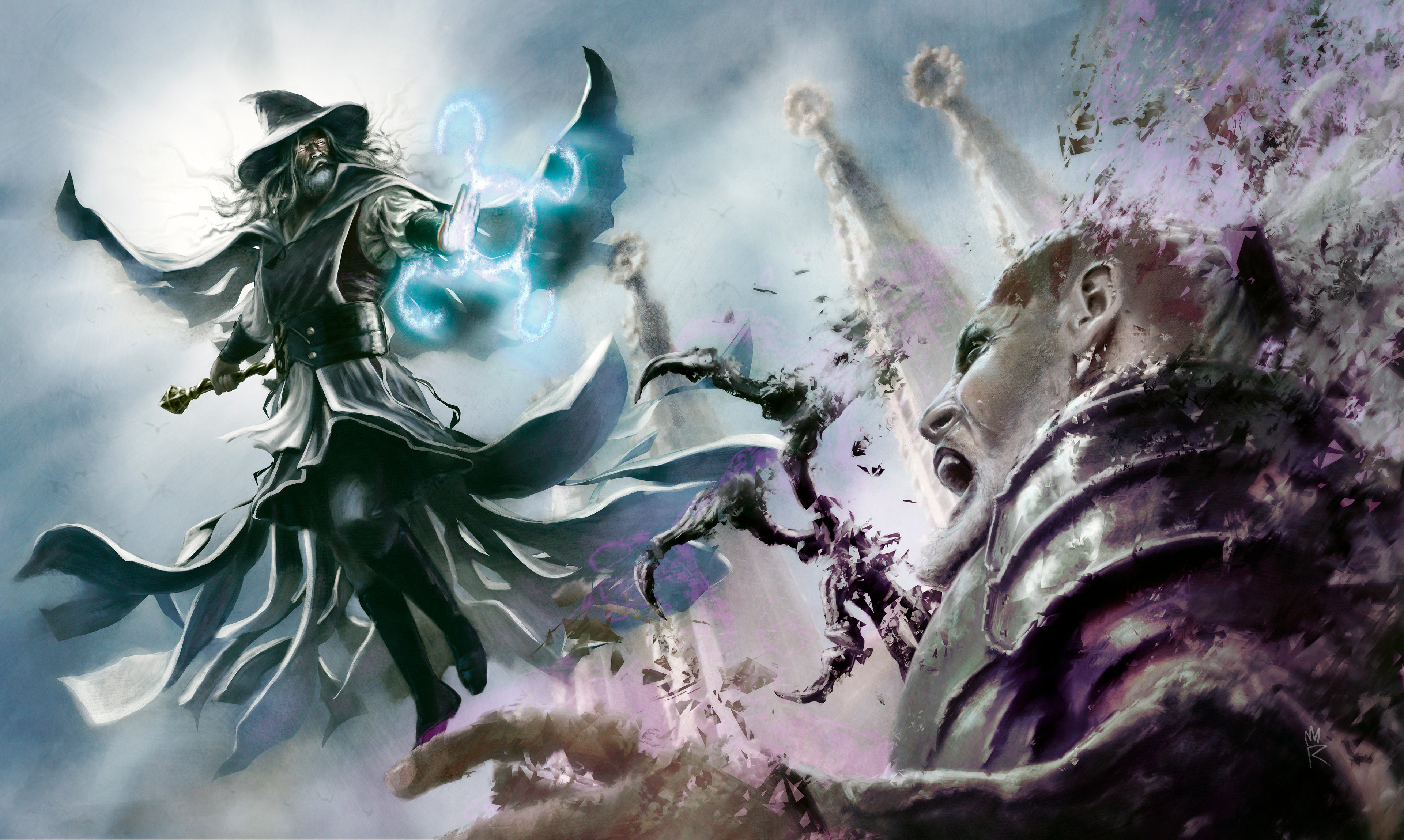
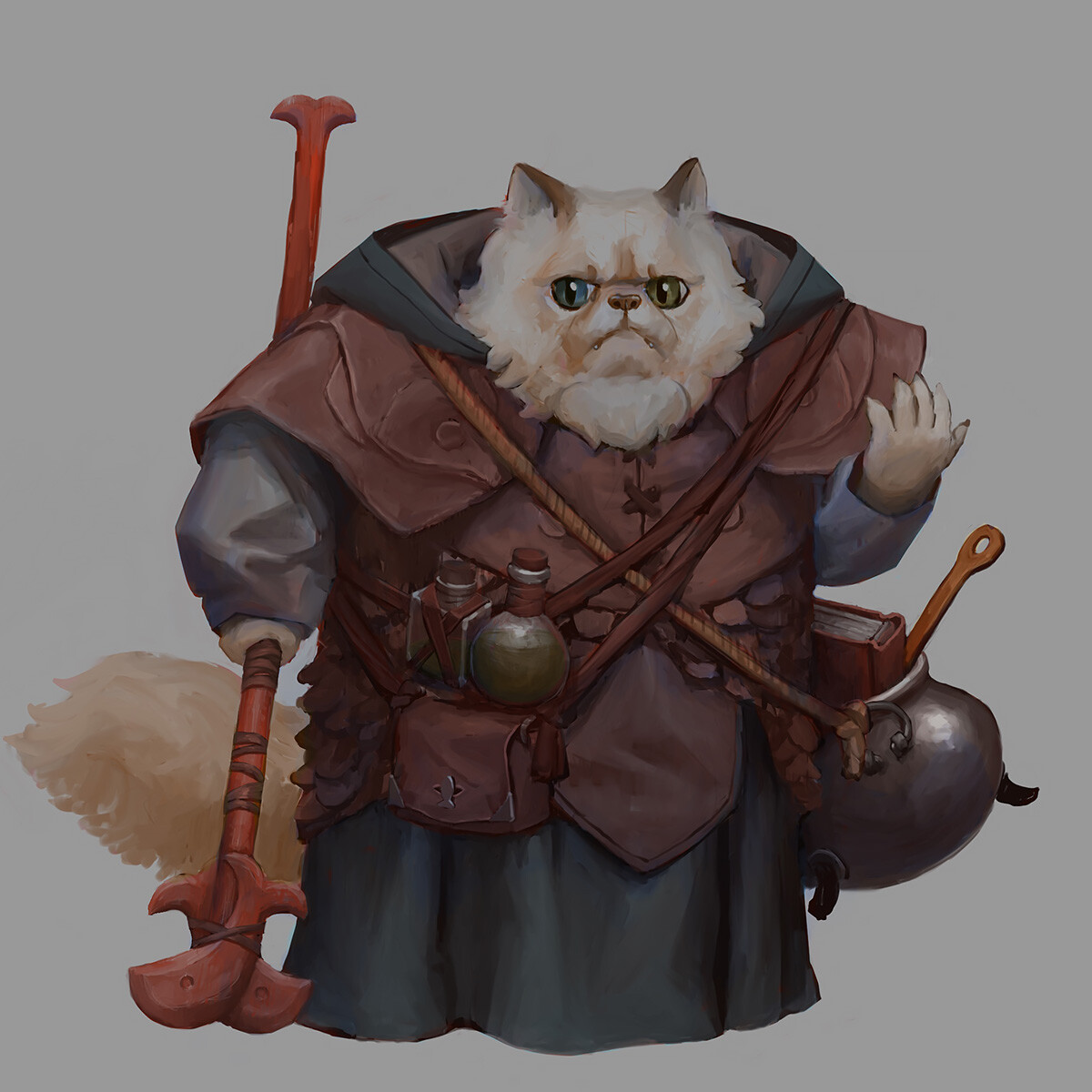
Example Spells
- Transmute Flesh to Salt - A potent Attack, but easily Deflected due to the precision needed to make it work.
- Upside-down Life - A curse that causes the target to fall upwards forever. A Hindrance if cast indoors, potentially lethal outside.
- Reflective Eyes - Another Hindrance, turns the eyes of the target to turn into mirrors, rendering them blind.
- Metal Water - Creates a spray of mercury, useful for any number of strategies or other Clever Tricks.
- Create Air - Very versatile spell, a powerful jet of air can be used to blow away incoming spells, knock over an opponent, conjure a bubble of breathable air, or push the caster out of the way of danger.
- Steal Flesh - The effect of this spell depends on what the wizards involved agree make sense. It might allow the caster to steal the limbs of the target, or pluck their heart or brains right out! Once both wizards have agreed on what makes sense, that agreement should be used for any future duels.
- Glass Mouth - This spell can be interpreted as "Glass Jaw", the sufferer will take doubled physical damage, crumbling at the merest blow.
- Attraction to Falsehood - A somewhat tenuous Defence spell, causes a projectile spell to instead fly towards an illusion.
- Electric Hole - A perfect Counter to any lighting-based spell, that turns into an Attack when the hole is emptied out again.
- Bless Earth - Another perfect Counter against any spells related to evil or undeath. If an evil or undead wizard happens to be standing in the area, it also becomes an Attack.
I demand a follow up post with an example duel
ReplyDeleteKNIFE EYE ATTACK
ReplyDelete